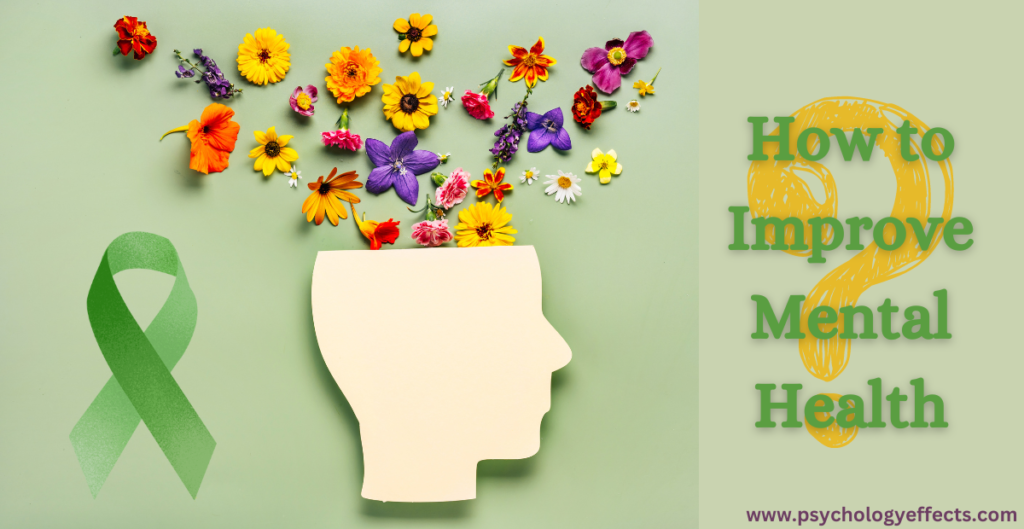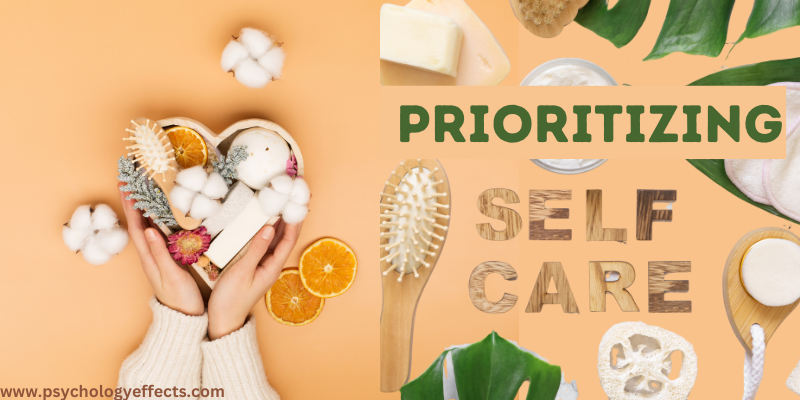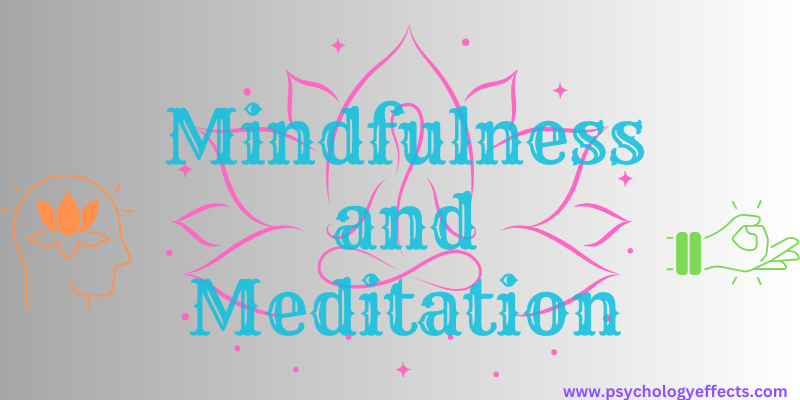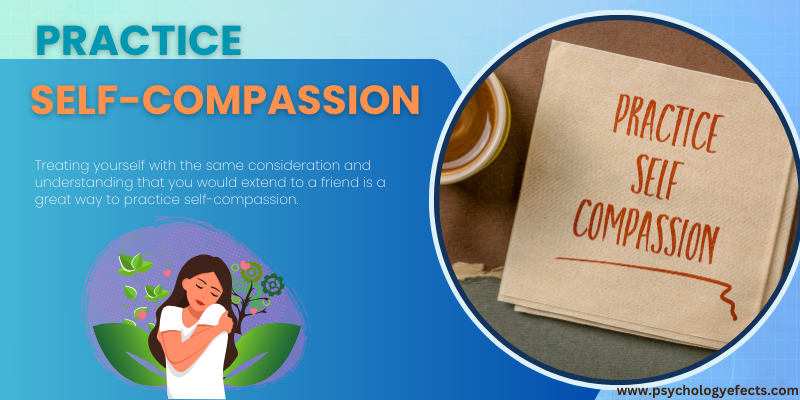How to Improve Mental Health

In order to live a meaningful life in the fast-paced world of today, maintaining good mental health is essential. With the daily stresses and challenges we face, it’s essential to prioritize our mental well-being. Fortunately, there are numerous strategies and practices that can help improve mental health and foster resilience.
In this article, we’ll explore practical steps you can take to enhance your mental health and overall quality of life.
1. Prioritize Self-Care:
Self-care is the foundation of good mental health.
It involves taking time to nurture your physical, emotional, and psychological well-being.

This can include getting adequate sleep, eating a balanced diet, exercising regularly, and engaging in activities that bring you joy and relaxation.
2. Practice Mindfulness and Meditation:

Mindfulness and meditation techniques have been shown to reduce stress, anxiety, and depression while promoting a sense of calm and mental clarity. Taking just a few minutes each day to practice mindfulness can make a significant difference in your overall mental health.
3. Cultivate Positive Relationships:

Surrounding yourself with supportive and positive people can have a profound impact on your mental health.
Try to build deep and meaningful bonds with loved ones, family, and friends. Spending time with people who uplift and inspire you can boost your mood and resilience.
4. Set Boundaries:
Establishing boundaries is essential to safeguarding your emotional well-being. This includes setting limits on your time, energy, and emotional resources.

Saying no to things that drain you and prioritizing activities that nourish you can help maintain a healthy balance in your life.
5. Seek Professional Support:

Consult a mental health professional without holding back if you need assistance with your mental health.
Therapists, counselors, and mental health professionals are trained to provide support and guidance to help you navigate life’s challenges. Recall that asking for assistance is a show of strength rather than weakness.
6. Engage in Activities You Enjoy:
Engaging in activities that bring you joy and fulfillment is essential for your mental health.

Whether it’s pursuing a hobby, spending time in nature, or practicing creative expression, make time for activities that nourish your soul and bring you happiness.
7. Practice Gratitude:

Cultivating an attitude of gratitude can shift your perspective and improve your mental well-being.
Every day, set aside some time to consider all the blessings in your life, no matter how minor. Focusing on the positive aspects of your life can help reduce stress and increase feelings of contentment.
8. Limit Exposure to Negative Influences:
In today’s digital age, it’s easy to become overwhelmed by negative news and social media.

Limit your exposure to negative influences and toxic environments that can impact your mental health. Rather, concentrate on absorbing information that encourages and motivates you.
9. Get Outside and Move Your Body:

Spending time outdoors and engaging in physical activity has numerous benefits for your mental health.
Whether it’s going for a walk, bike ride, or practicing yoga in the park, getting outside and moving your body can boost your mood and reduce stress.
10. Practice Self-Compassion:
Be kind to yourself, especially during difficult times. Treating yourself with the same consideration and understanding that you would extend to a friend.

It is a great way to practice self-compassion. Remember that it’s okay to make mistakes and that you are worthy of love and acceptance just as you are.
Conclusion
Improving your mental health is a journey that requires dedication, self-awareness, and patience.
You may develop more resilience, happiness, and well-being by implementing these doable actions into your everyday routine.
Remember to prioritize self-care, seek support when needed, and always be gentle with yourself along the way. Your mental health matters, and you deserve to live a life filled with joy, purpose, and fulfillment.

